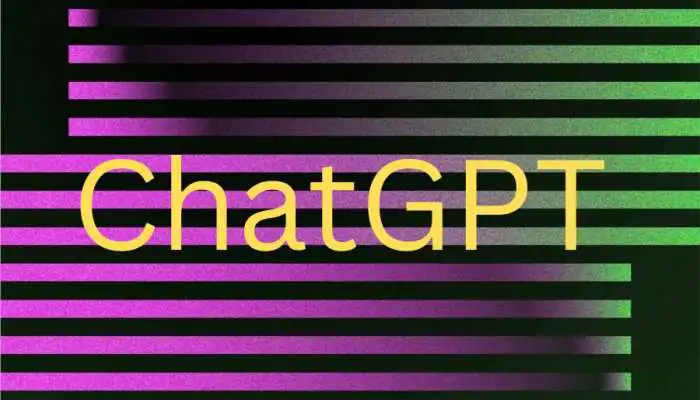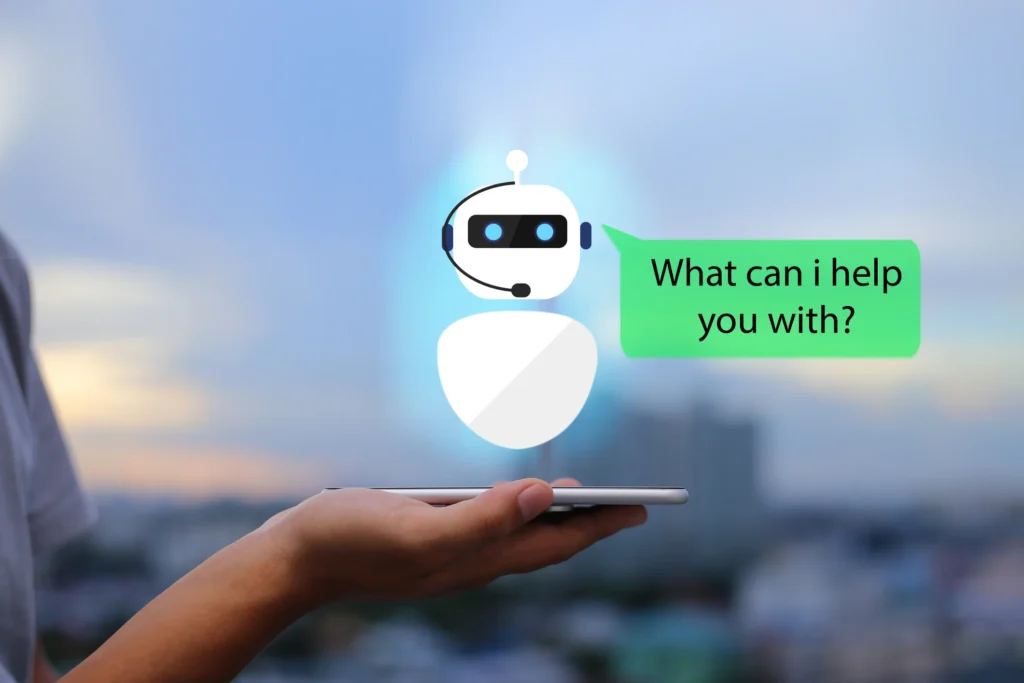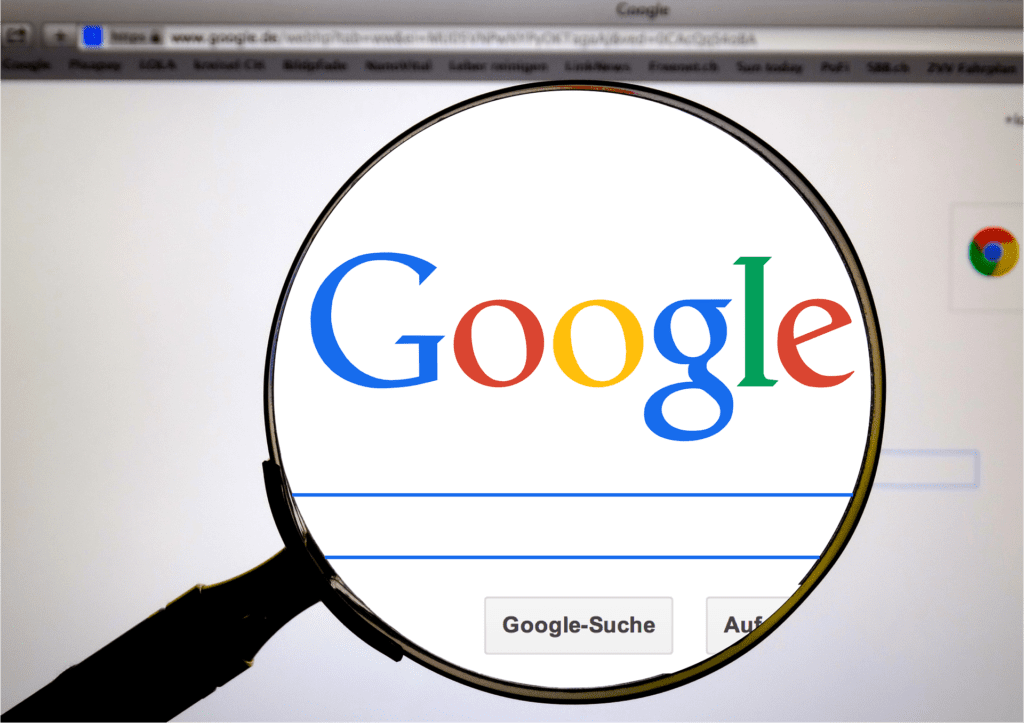The Buzz Around ChatGPT
ChatGPT has generated buzz as an AI-backed tool ever since OpenAI built it on top of its GPT3 family of large language models and released it as an open source tool. It serves multiple purposes, some of which include code generation and content generation. However, the one application of this tool that has led to widespread debate is question-answering and its ability to generate factually correct answers to the questions asked by users. ChatGPT is a major development in the field of chatbot AI, just because of the wide range of abilities it demonstrates.
Decades ago, when the Google search engine came into the technical landscape, it upended the domain of technical innovation. However, the efficiency and veracity of Google’s search results is unmatched by its competitors, which led to it taking the market value away from all other major players in this space like Yahoo and Bing. Ever since OpenAI released its’ deep learning framework, ChatGPT, there is a debate on ChatGPT vs Google and a worrying question that has been asked: “Will ChatGPT replace Google search?”
After all, who would want to skim through hundreds of links to get to the best answer to their question, when ChatGPT can generate a precise answer to your question within a fraction of that time. However, there are a few caveats that are in favor of Google, which leads to this debate.
While there are several hypotheses to answer this question, let us first understand what ChatGPT really is, to be able to understand these viewpoints better.
What is ChatGPT?

ChatGPT is a transformer-based Large Language Model that has been trained on 45 TB of data or 175 billion texts. A transformer is a deep-learning based architecture that learns patterns in data by encoding them into machine-friendly representations and then decodes them into human-readable data. A language model is a specialized model that can predict a particular word, given its surrounding words or phrases. Some of the widely used transformer-based language models are GPT3 (under the GPT family of models). It is trained to learn context from sentences, facts and dialogue samples, in the form of statistical patterns which is further used to generate new text or content, based on the prompt. However, it is important to note that these models can generate plausible and realistic data, but those may not be factually correct or the most accurate.
Although there are several Language Models that have been tested over the years, ChatGPT has shown promise in its almost accurate answers and precise text responses to a given question. It also has a wide understanding of different concepts as it has been trained on a wide array of subjects and data.
ChatGPT for Question Answering

Most language models are trained for different use-cases like text generation, translation, summarization etc. One of the main applications is also question answering which is the backbone of chatbots in the modern world. The application is as simple as asking a question to the model, and receiving an answer with the information explained in a very plausible manner, based on the data this model has already been trained on.
ChatGPT vs Google Search
Accuracy and Relevance of the Results
Google has dominated the search space with its engine for decades now. However, it is important to note that even the search options are not the most accurate, and some times, may not even be relevant to the query. With the advent of smart AI models, the debate of ChatGPT vs Google has gained a lot of attention in the academic and tech world. Search engines are designed to crawl the web and algorithmically pick the presumably most-relevant search links that would best answer the question asked by you. They do factor in your search history and behavior patterns along with the business models that drive the search business – sponsored links, ads etc. to give you a customized solution to your problem. This creates noise along with the actual relevant information that you would be looking for, thus reducing the overall quality of information returned to you by the search engine.
Although ChatGPT gives precise and pin-pointed answers to your question, it is not enough to claim that it can replace Google Search. A transformer based language model, by its design and architecture, is trained to generate text or content, based on, but not limited to the facts of the training data. It can thus conjure facts up and provide false or inaccurate information to a few user queries. However, it is difficult to track each of them as these responses will be plausible and semantically correct.
Biases and Harmful Effects of Poor Information Quality
OpenAI-developed ChatGPT’s biggest strength is in its ability to simplify and explain complicated topics to its user. This along with its ability to perform simple writing tasks makes it an excellent tool for quick answers to convoluted questions. However, one should keep in mind that the model has been trained on existing data.
The results generated by the model would only reflect the patterns reflected in the training data. This means that the biases and flaws in the base data would creep into the model results for ChatGPT. This works against the AI framework in the ChatGPT vs Google Search battle. It is good that new companies working on technical innovation like OpenAI actively warn the users of these models that there might be flaws and biases that show in the model results. These teams are also working on improving and eliminating these biases in machine learning models. The official OpenAI release post on ChatGPT says:
“While we’ve made efforts to make the model refuse inappropriate requests, it will sometimes respond to harmful instructions or exhibit biased behavior. We’re using the Moderation API to warn or block certain types of unsafe content, but we expect it to have some false negatives and positives for now. We’re eager to collect user feedback to aid our ongoing work to improve this system.”
However, while that work is underway, these answers generated by ChatGPT cannot be considered as the single source of truth. The point that works in favor of Google search here, is that it generates links to all related articles that might have information relevant to your query.
So, although the bias against certain demographic cuts will still be present in the top search results here, you will also have articles that point these caveats and biases out for you to make an informed decision. However, the fact that information on the Internet is biased and toxic has often raised questions about Google’s integrity and has hurt its ethical, social and governance score in the industry. This might further hurt Google’s reputation in the domain of information as a service.
The next point that is worth noting is the information that ChatGPT has been trained on. ChatGPT has been extensively trained and fine tuned using data across a wide array of subjects, though only up to May 2020. It thus is unaware of any new information or changes made to that database after May 2020. This limits the scope of its performance and the absoluteness of the information it returns to your query. What you might be reading might not be the complete truth.
There are also studies and reports that claim that we could run out of training data for chatbots in this decade, thus hindering the growth of chatbot performance. The scope of training data is a limiting factor in the richness and quality of information returned by a model trained using the same.
Moreover, a lot of machine learning models run into problems caused by linguistic drift – semantic drift in the vocabulary of outdated training data can lead to drop in performance of machine learning models.

This limiting factor, however, does not impact the performance of a search engine that stays updated with the most recent information on the Internet. This also means that while a search engine will give you access to real-time information, ChatGPT will not scan the Internet for the most recent information or the real-time truth. This works in favor of search engines when it comes to questions on stock prices, online shopping or ticket prices.
Innovativeness and Technical Growth
While the search engine has its own benefits, it is important to note the wave of innovation that ChatGPT has brought in the space of AI and otherwise. It has definitely pushed giants like Google to further work on their similar frameworks like LaMDA, or Language Model for Dialogue Applications. Newer small companies like OpenAI will be more open to innovative research, even if it comes with flaws and failure. However, firms like Google have faced backlash for false claims of sentiency made by developers of LaMDA. The push for innovation in these small organizations could improve the quality of chatbots in the future, as well as threaten the current standing of a simple search engine.
Moreover, Google as an organization is limited by its business model. If it improves on its chatbot framework, it could provide pinpointed information to a users’ queries. This will, however, be at the cost of eliminating ads and sponsored links from its’ results which drive a major part of its revenue.
Reliability and Tool Stability
Google search has been a stable and reliable tool of choice for years now. It is not only a place to look for information, but also most peoples’ gateway to the Internet. It has seldom faced maintenance or server issues. However, ChatGPT is a new tool which is not prepared to handle the kind of traffic Google’s search engine can. It can run into stability and capacity issues.
Use Cases that Need Information Beyond a Summarized Article
In cases where one needs to generate code for a fixed problem statement or wants to get pin-pointed accurate facts to a specific question, ChatGPT can do a brilliant job at simplifying the task and giving a relevant response. However, the format in which returns information – a summarized article with the relevant data, might be limiting in certain other use cases.
Academic or corporate research where you need references and detailed figures, tables and data in multiple formats will still rely on Google search for the desired information. Although chatbots can be trained to return data in multiple formats, they are not as well-equipped as a search engine is.
ChatGPT vs Google: Final Conclusion
Although ChatGPT can perform exceptionally well in tasks that require it to simplify and explain complex topics and perform a text generation job, it has some strong limitations. Google search is placed better in some aspects, as it has higher reliability and can cater to more diverse use cases. It also has the capacity to handle the current needs for information consumption. When it comes to reliability and dependability in the debate of ChatGPT vs Google, the search engine seems to have an upper hand here.
Moreover, the fact that Google can adapt to your current behavior patterns to provide you with customized real-time information, however debatable, is appreciated by a lot of people.
However, experts say that ChatGPT could foster better innovation in the field of AI and language models. The threat to Google’s search business has pushed teams to work on AI research, while handling the universal caveats in this field – misinformation, bias, toxicity and racism. This could lead to a healthier tech ecosystem where competition could foster sustainable, ethical and state-of-the-art innovation. It also has led to other researchers working on better chatbot AI frameworks.
Even if ChatGPT cannot replace Google Search in such research and development in the field of AI current form, it can definitely lead to a better platform to serve information to the users on.


